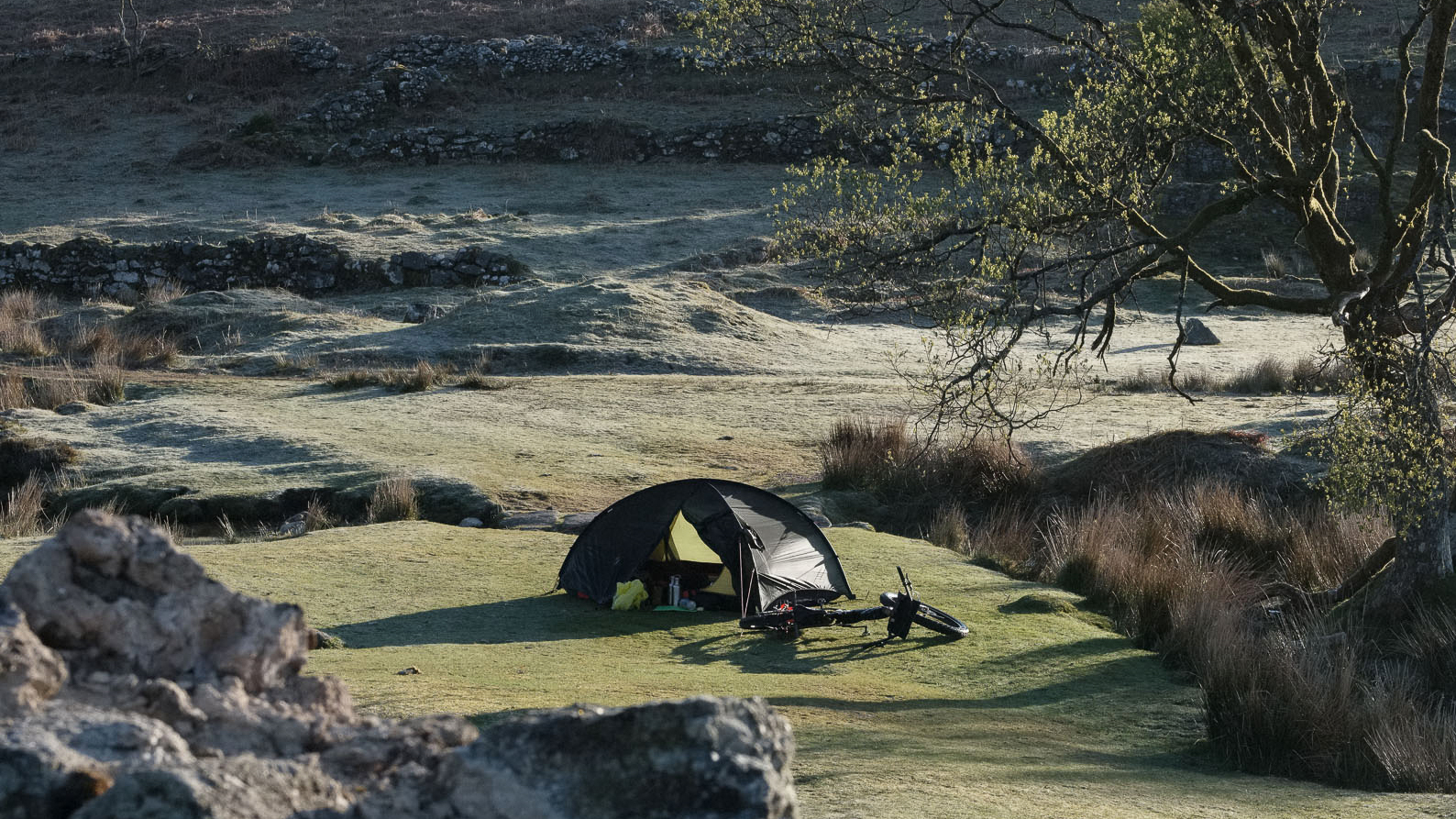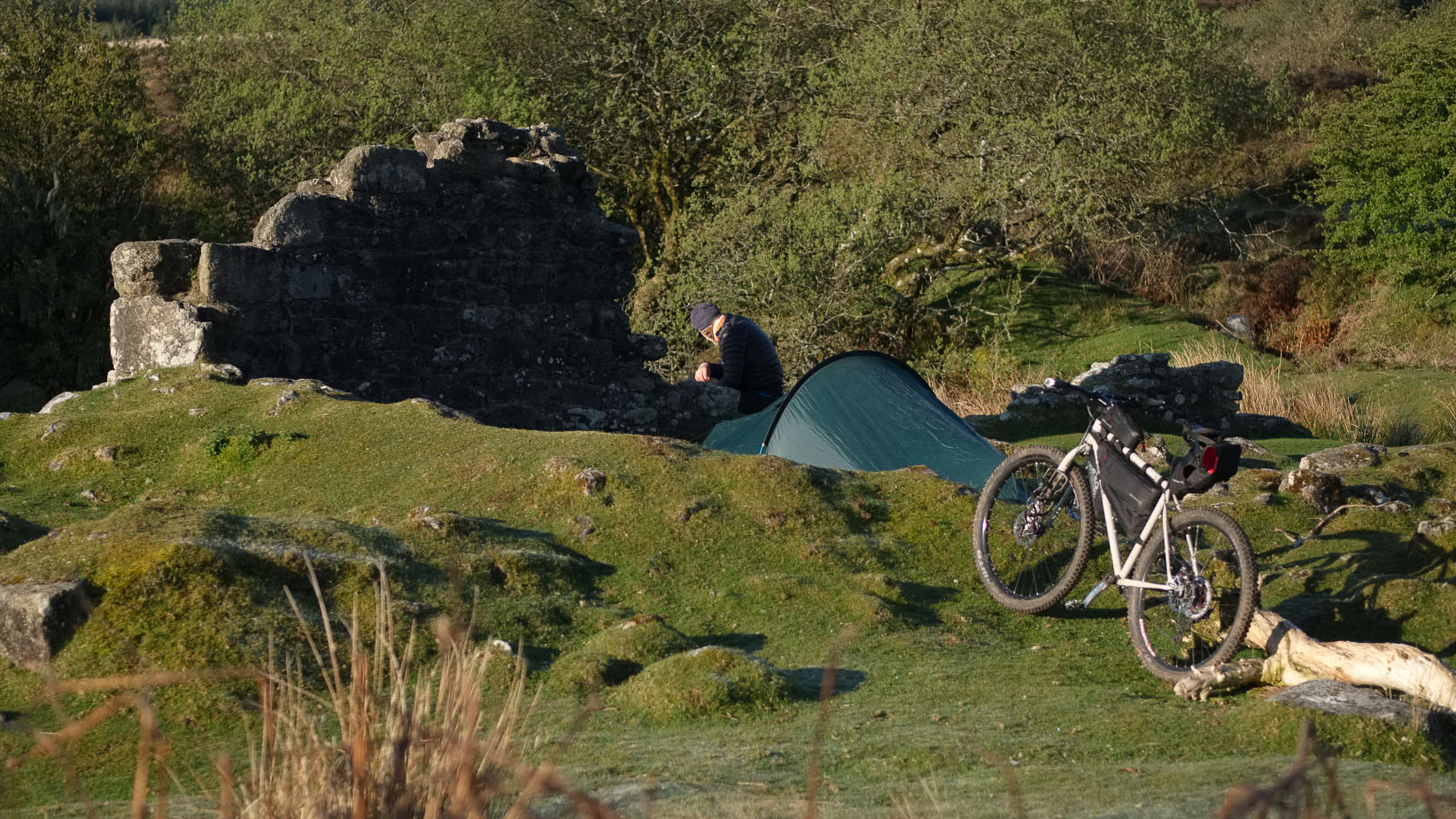
As we reported back in January, a High Court judge ruling had effectively ended the right to roam, wild camp and bikepack in England and Wales after wealthy Dartmoor landowners, Alexander and Diana Darwall had won their High Court challenge against the right to wild camp without their permission in the Dartmoor National Park. The Darwall's lawyers had argued that wild campers and bikepackers on their land caused problems to livestock and the environment, and they successfully won a court declaration that banned members of the public from pitching tents on Dartmoor with their consent.
The Dartmoor National Park Authority had immediately planned to appeal the decision and with campaigners and right-to-roam groups backing their appeal with call-to-arms protests and mass trespass walks on Dartmoor. The outdoor community certainly wasn't going to accept the ban and it looked like a case set to rumble on for a long time.
However, in a ruling made on Monday, by Sir Geoffrey Vos, Lord Justice Underhill and Lord Justice Newey in which they granted the Dartmoor National Park Authorities appeal, which overturned Sir Julian Flaux's previous decision. The DNPA argued that Sir Julian Flaux had wrongly interpreted the 1985 law on rights of access to Dartmoor Commons.

The appeal had hinged on whether wild camping counted as open-air recreation, with Sir Geoffrey Vos saying it was the 'critical question' in the case. Lawyers acting for the Darwalls argued that it was not, because when camping one was only sleeping rather than enjoying a particular activity. Lawyers for the Dartmoor National Park Authority and Open Spaces Society had stated that backpack camping was an ancient tradition and popular pastime on Dartmoor, and gazing at the stars before waking to the sound of the morning chorus was certainly an open-air recreation.
Sir Geoffrey Vos agreed stating that wild camping could be considered a form of open-air recreation saying, "The fact that a tent is closed rather than open cannot convert the wild camping from being an open-air recreation into not being one. In my judgment, that walker is still resting by sleeping and undertaking an essential part of the recreation."
A spokesperson for the Darwall family said, “‘We are disappointed by this judgment. This case highlights the many and increasing challenges we face in trying to protect the fragile environment on Dartmoor." The spokesperson also claimed, "Our mission was to conserve this special place. Regrettably, our role as custodians is greatly diminished.”
Kevin Bishop, the DNPA chief executive said, “Today’s judgment is a reaffirmation of the right to backpack camp on Dartmoor and secures that right for today and future generations. Our sincere hope is that this judgment means we can now move forward, in partnership, with a focus on making sure Dartmoor remains a special place for all to enjoy.”
Kate Ashbrook, the general secretary of the Open Spaces Society added, “This is an excellent outcome. We are relieved that the judges ruled unanimously and conclusively that open-air recreation includes backpack camping on the commons. We would like to see that right extended, and we shall campaign with other organizations to achieve this."
Labour Shadow environment secretary Jim McMahon had already said that a Labour government would seek to pass a Right to Roam act for England and Wales if the party win the next UK election, which would have almost certainly reversed the Dartmoor ban. With the next general election not due until January 2025, this week's ruling can be seen as a positive step forward towards an expanded right to roam across England and Wales, allowing public access to a night under the stars on the most iconic landscapes that don't rely on the whims of individual landowners giving permission.







